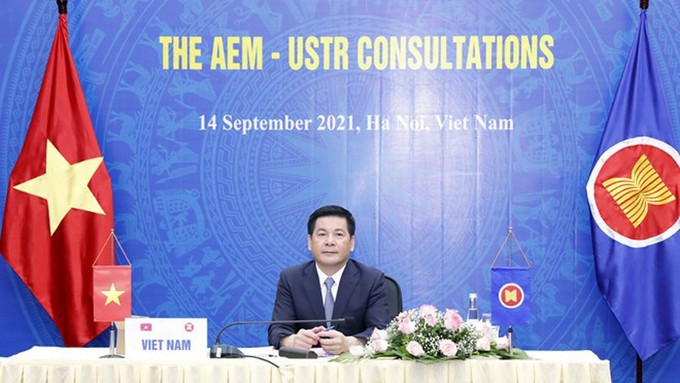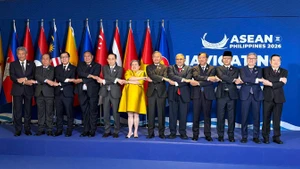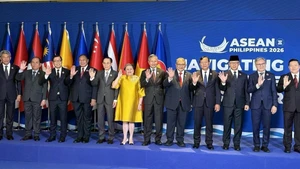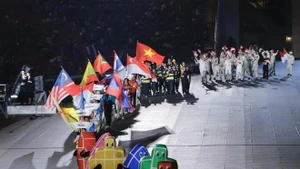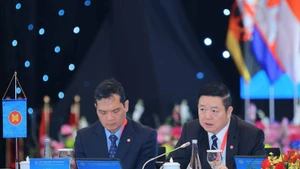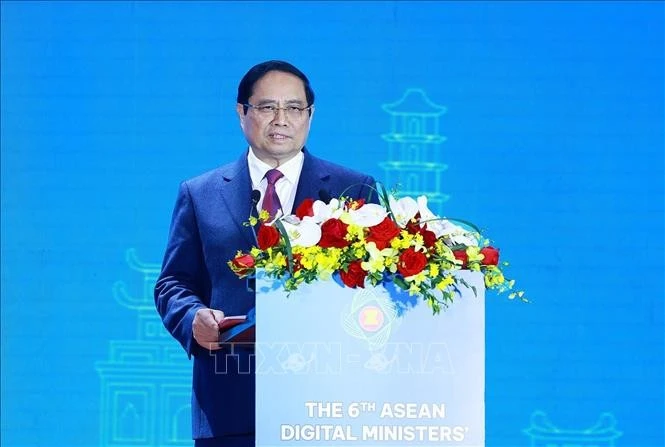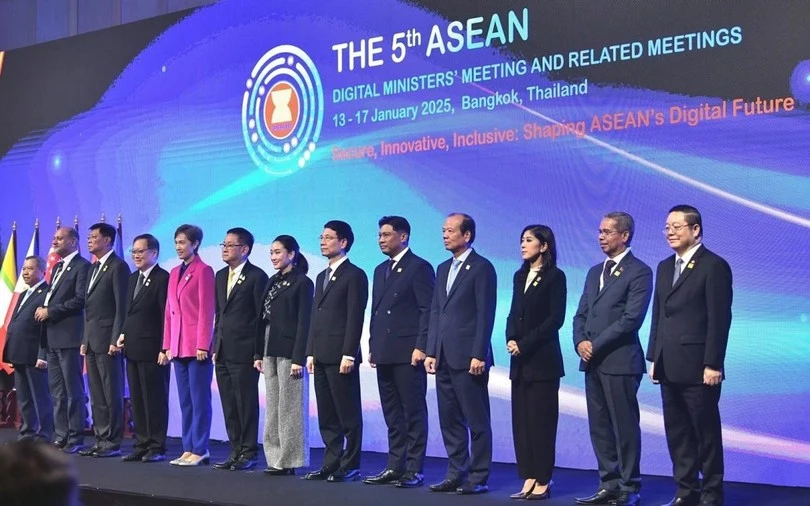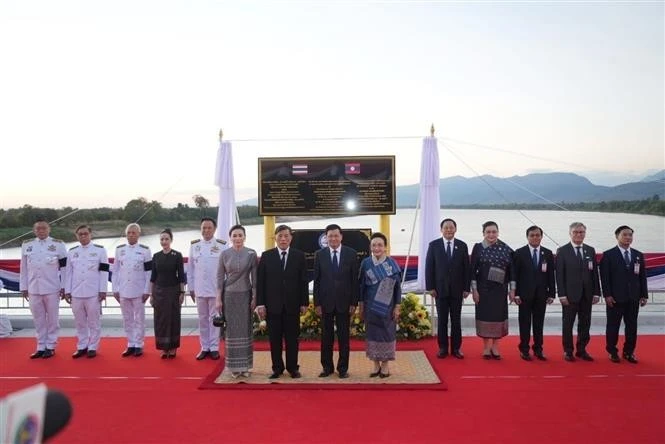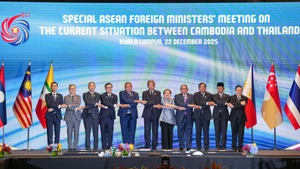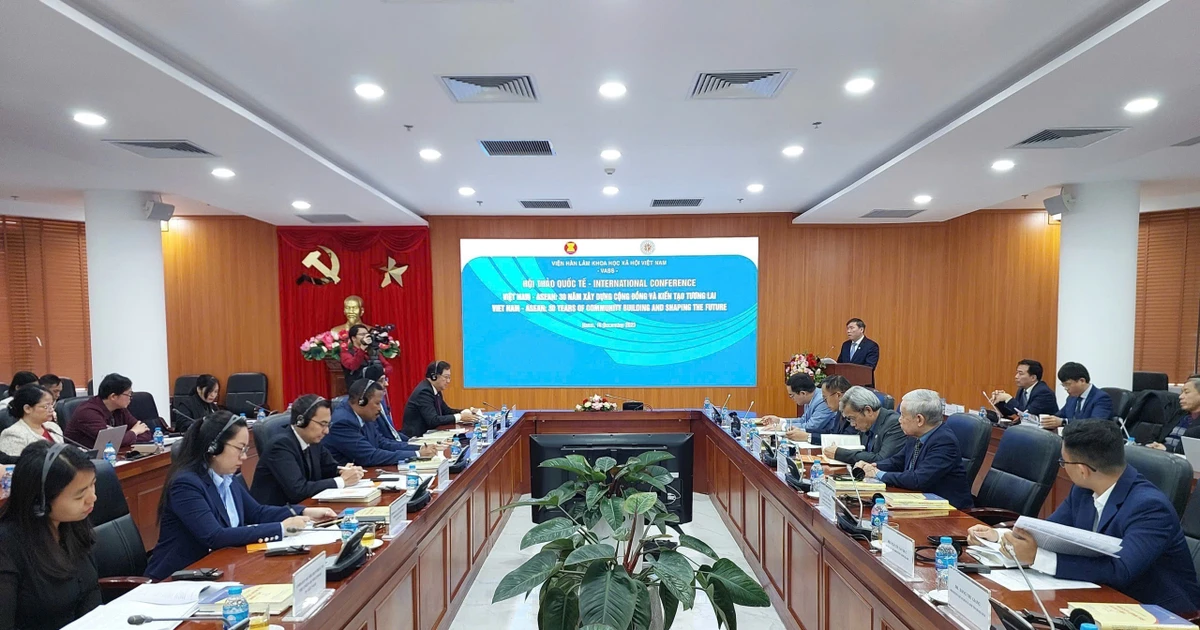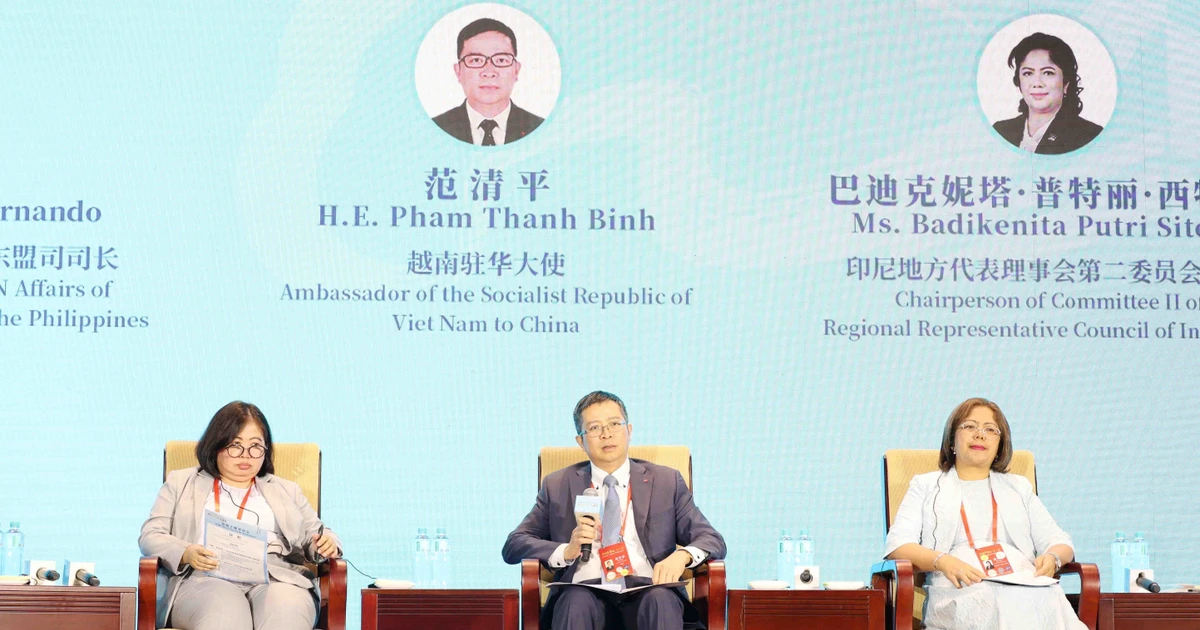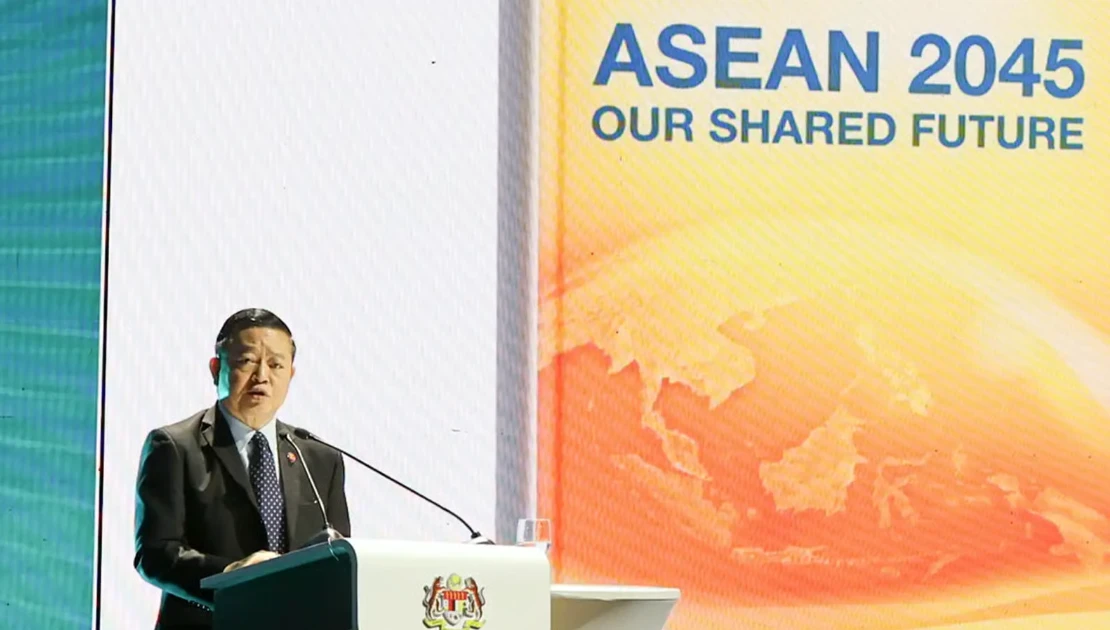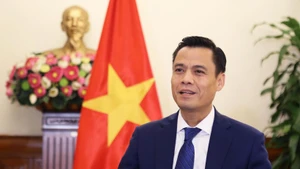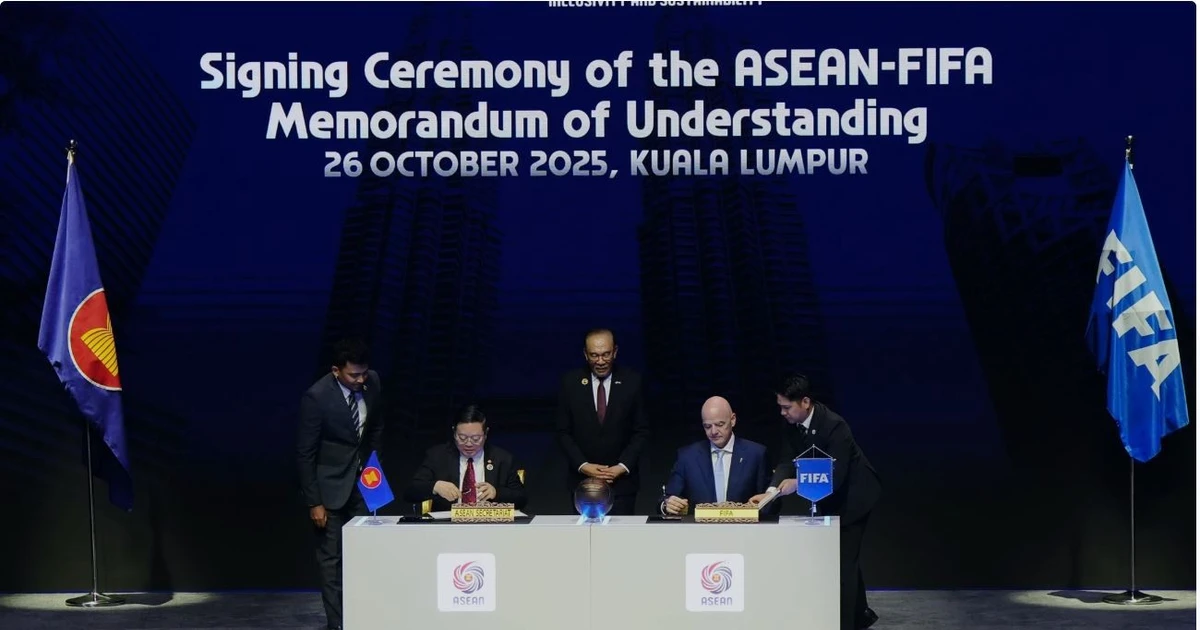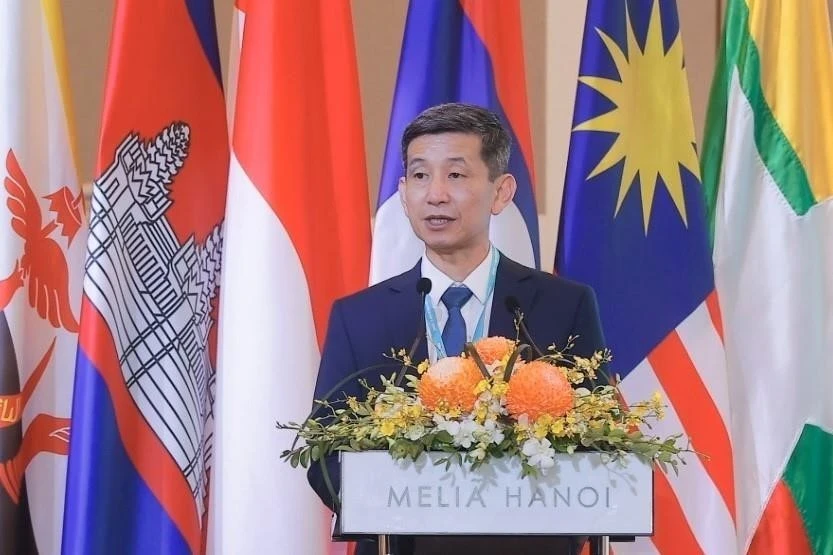At the ASEAN-US consultation, Vietnam and ASEAN member states thanked the US Government for its donation of COVID-19 vaccines and other anti-pandemic assistance. They also hailed the US as the second largest trade partner of the bloc with a total trade of US$309 billion last year, up 4.6% annually.
Participants took note of important progress in the implementation of the ASEAN-US Trade and Investment Framework Agreement (TIFA) in 2019-2020 and the US-ASEAN Expanded Economic Engagement (E3) Initiative for 2020-2021 focusing on e-commerce, transparency and good practices, ASEAN one-stop shop mechanism, trade facilitation, development of micro-small, small and medium-sized enterprises, agriculture, trade and environment.
The meeting adopted a plan to carry out the TIFA and the E3 Initiative in 2021-2022, with focuses on e-commerce, transparency and good practices, ASEAN single window, trade facilitation, development of micro-small, small and medium-sized enterprises, agriculture and the environment.
Regarding ties with Hong Kong (China), ministers welcomed the completion of ratification of the ASEAN – Hong Kong Free Trade Agreement and ASEAN – Hong Kong Investment Agreement by all stakeholders. They instructed working groups to work on remaining issues related to rules on origin and investment in those agreements.
In particular, Hong Kong (China) expressed a wish to join the Regional Comprehensive Economic Partnership (RCEP) that ASEAN signed with the Republic of Korea (ROK), Japan, New Zealand, Australia and China on November 15, 2020.
At the meeting with India, ministers lauded all related countries for completing the approval of the ASEAN – India Investment Agreement and took note of progress in discussing the scale of review to upgrade the ASEAN-India Trade in Goods Agreement (ATIGA), towards further facilitating trade for enterprises.
About ASEAN-EU economic ties, the ministers spoke highly of the EU’s support for the ASEAN Economic Community via programmes and initiatives within the framework of the ASEAN Regional Integration Support by the EU (ARISE Plus) and the Enhanced Regional EU-ASEAN Dialogue Instrument (E-READI).
The event also adopted the ASEAN-EU Trade and Investment Work Programme for the 2020-2021 period and directed senior economic officials of both sides to continue with discussion so as to early reach consensus on the draft ASEAN-EU Trade and Investment Framework Agreements to make way for negotiations.
The EU is now the second biggest investor in ASEAN with a total capital of US$7.6 billion and a significant trade partner of the bloc with bilateral trade revenue totaling US$258 billion last year.
During the ASEAN-Russia consultation, the ministers adopted the revised ASEAN-Russia Trade and Investment Cooperation Roadmap and the ASEAN-Russia Trade and Investment Cooperation Work Programme for the 2021-2025 period, with focuses on trade and industry; micro-small, small and medium-sized enterprises; sci-tech, innovation and intellectual property; climate change, energy, transportation, agro-fisheries, tourism, culture, human resource development and health care, sustainable development and digital economy.
At the consultation meetings, the ministers also spent time to talk with representatives of the ASEAN-US, ASEAN-India, ASEAN-EU and ASEAN-Russia Business Councils to grasp recommendations of the private sector regarding trade facilitation in the region.
